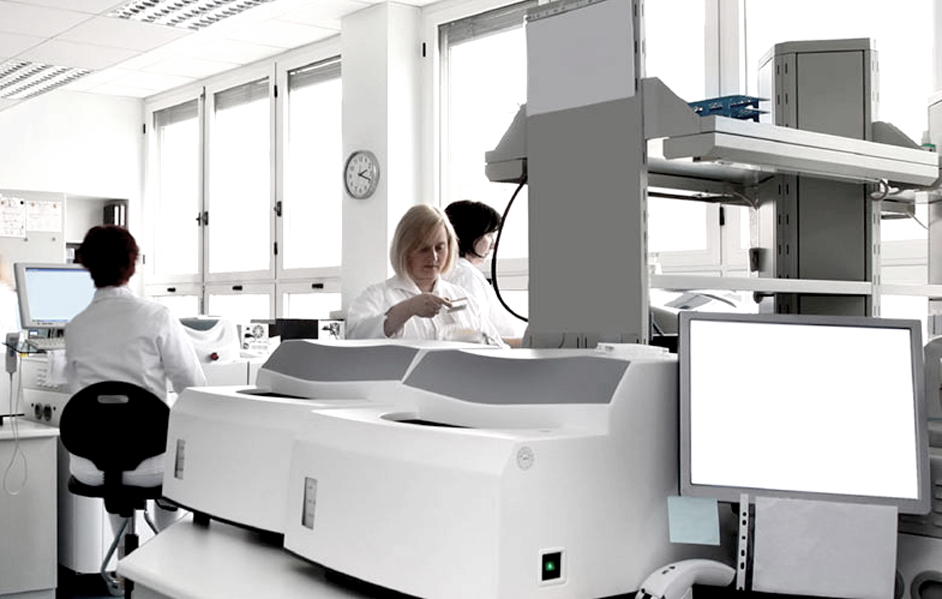
about us
It’s really simple. We enable our scientific partners in the discovery and optimization of novel antibody drugs. We are laser-focused on getting what our partners need for the next stage. That’s our commitment.
our platforms
It’s no wonder that in order to improve patient’s quality of life, we call upon our oldest eukaryotic friend. A friend who has helped us enjoy good bread and wine for many millennia. Our proprietary and robust yeast display utilizes an engineered anchoring peptide that allows efficient cell surface display and high inducible secretion of antibodies, without any need for reducing agents.
Our Germliner™ Library Collection represents many years of antibody sequencing and engineering. Over 500 individuals were deep-sequenced, amassing a large antibody repertoire that was then culled of potentially problematic sequence motifs. When coupled with our novel yeast display system, the end results are three fully human platforms with more than 100 billion antibody clones with highly favorable and developable properties, such as high affinity, high specificity, high thermostability, high expression level, and no or low immunogenicity.
We also leverage our expertise in library design and engineered platforms to optimize lead candidates, usually improving affinity 10- to 100-fold.
Avant
Geneer
Fast and precise optimization
For those interested in nonhuman reagent or diagnostic antibodies, we find the rabbit immune system to have significant advantages in providing monoclonal antibodies with superior affinity and specificity compared to other animals.
Avant
Bunny
Beyond cute and furry

licensing
Boosting the human innate immune system is a promising approach to cancer immunotherapy, and we have developed a Natural Killer (NK) cell engager platform. Using our Germliner™ Library Collection and AvantSabre platform, we isolated and developed a panel of highly specific, fully human CD16a antibodies that are available for license.
news
AvantGen Receives Milestone Payment for First Patient Dosed in Phase 1 Study with Kite’s Investigational CAR-T Therapy
SAN DIEGO, CA, UNITED STATES, March 4, 2024 /EINPresswire.com/ — AvantGen Inc., a leader in...
Adcentrx Therapeutics Announces First Patient Dosed in the Phase 1a/b Study of ADRX-0706, a Novel ADC Targeting Nectin-4 for the Treatment of Advanced Solid Tumors
The following announcement is from Adcentrx Therapeutics. AvantGen and Adcentrx forged a partnership in 2022...
Adcentrx Therapeutics Announces FDA Clearance of Investigational New Drug Application for ADRX-0706, a Novel ADC Targeting Nectin-4 for the Treatment of Advanced Solid Tumors
The following announcement is from Adcentrx Therapeutics. AvantGen and Adcentrx forged a partnership in 2022...
AvantGen Appoints Jordon Wang as Chief Operating Officer
AvantGen, a San Diego based biotechnology company with a superior yeast display technology for facile...
A Novel BCMA Immunohistochemistry Assay Reveals a Heterogenous and Dynamic BCMA Expression Profile in Multiple Myeloma
Abstract B-cell maturation antigen (BCMA) is a promising target for the treatment of multiple myeloma...
AvantGen awarded contract from NIH to expedite the commercialization of its AccuRate COVID-19 SelfCheck OTC test
AvantGen, a San Diego based biotechnology company with a superior yeast display technology for facile...
Adcentrx and AvantGen Enter a New Partnership with a Three-year, Multi-target Collaboration to Discover Antibodies for Novel Antibody-drug Conjugates
SAN DIEGO, Feb. 14, 2022 /PRNewswire/ — Adcentrx Therapeutics (“Adcentrx”), a biotechnology...
AvantGen receives an award from the NIH/RADx to commercialize its anti-SARS-CoV-2 nucleocapsid antibodies for ultra-high sensitivity lateral flow assay development
SAN DIEGO, May 25, 2021 (GLOBE NEWSWIRE) — AvantGen, a San Diego-based biotech, is a...
High-throughput screening and validation of antibodies against synaptic proteins to explore opioid signaling dynamics
Abstract Antibodies represent powerful tools to examine signal transduction pathways. Here, we present a strategy...
AvantGen Announces Licensing of Its Anti-SARS-CoV-2 Antibodies to IGM Biosciences for COVID-19 Therapy Development
SAN DIEGO–(BUSINESSWIRE)–AvantGen, Inc., a San Diego-based biotechnology company with an...
A Potent SARS-CoV-2 Neutralizing Human Monoclonal Antibody That Reduces Viral Burden and Disease Severity in Syrian Hamsters
Abstract The emergence of COVID-19 has led to a pandemic that has caused millions of...
Avantgen Develops Novel Human Antibodies to Diagnose SARS-COV-2 Infection and Treat COVID-19
SAN DIEGO, CA.– AvantGen, Inc., a privately-held San Diego-based biotechnology company...
Avantgen Enters a Strategic Collaboration Agreement to Develop Novel Anti-Cancer Therapeutic with Its NK Cell Engager Technology
AvantGen’s NK cell engager technology now available for partnering on a target-exclusive basis...
AvantGen And Tanabe Research Laboratories Expand Collaboration For Therapeutic Antibody Discovery
Under the terms of the collaboration, AvantGen is responsible for generating novel...
AvantGen Awarded SBIR Phase II Contract to Develop High-Affinity, Anti-Peptide Rabbit Monoclonal Antibodies for SISCAPA Assays from the NIH/NCI
Antibodies with high affinity and specificity suitable for cancer biomarker measurements are essential...
AvantGen Awarded SBIR Phase II Grant to Develop High-Affinity Rabbit Monoclonal Antibodies for Neuroscience Related Antigens from the NIH/NIDA
AvantGen, a leader in novel antibody discovery and engineering, was awarded a SBIR...










